Learn more for free: https://www.khanacademy.org/a/372h “Why Do We Get Fevers?” is part of our mission to provide free education to the modern world. You can help spread the knowledge by liking, commenting, and subscribing to the Science Saturdays channel. Science Saturdays is on Google+, Reddit, Blogger, and Twitter! Google+: http://tinyurl.com/nyj72dj Reddit: http://tinyurl.com/kb6438w Science Saturdays Blog: http://tinyurl.com/mzzxutv Twitter: http://tinyurl.com/p6mz58w Sources (To be updated for this video): http://tinyurl.com/qanj9uv If you would like to read along while you listen to the video, you can either turn on captions or read the script below. (CC are being added) If you can’t tell by my voice, I’ve been pretty sick this week. But I was determined to do a video nonetheless, and I figured it only be suitable to answer the question: Why do we get fevers? So, let’s dive into it. To start off, what is a fever? A fever can be simply be anything different than the average 98.6 degrees that the body is normally at, but since the body can fluctuate a degree or two during the day due to environmental factors, that isn’t a very accurate definition. A better way to characterize a fever is by oral temperatures higher than 100 degrees. But oral temperatures still aren’t incredibly accurate. The best way to measure a temperature is through the ear or the rectum, and a fever would then clock in at temperatures at or over 101 degrees. Fevers are most commonly caused by viruses, but can also be caused by toxins, a messed up hypothalamus, or a heat stroke. But as the number one cause of a fever is a virus, that’s what we’ll be focusing on today. When a virus infects your body, it often times travels through your bloodstream. But thankfully for us, our body has white blood cells. These guys travel around our body and when they find a harmful bacteria, they produce pyrogens that travel to our brain. These pyrogens then target the hypothalamus area of the brain which is the area that regulates body temperature. Our hypothalamus cranks up our body temperature and gives us the fever. But what’s the purpose of this all? Most bacteria that live in our body reproduce at the normal 98.6 degrees, so when our body temperature rises, the bacteria either stops reproducing or dies, making our body get better over time. So with this information in mind, a controversial topic is brought up. Should we take medication to lower fevers? The answer is no, unless it is a dire situation. By lowering body temperatures, we are allowing the infection to continue to grow and hurt us. And let’s not forget about those nasty side effects. Some side effects of ibuprofen, an active ingredient in most fever reducing medications, are… wait for it. Chest pains, weakness, upset stomach, diarrhea, rash, dizziness, headache, pain, numbness, bloody stools, shortness of breath, slurred speech, seizures, itching, and chills. So next time you’re taking a sick day off of work, put that medicine away and let your body do its work. Disclaimer: The statements made here have not been approved by the Food and Drug Administration. These statements are not intended to diagnose, treat or cure or prevent any disease.
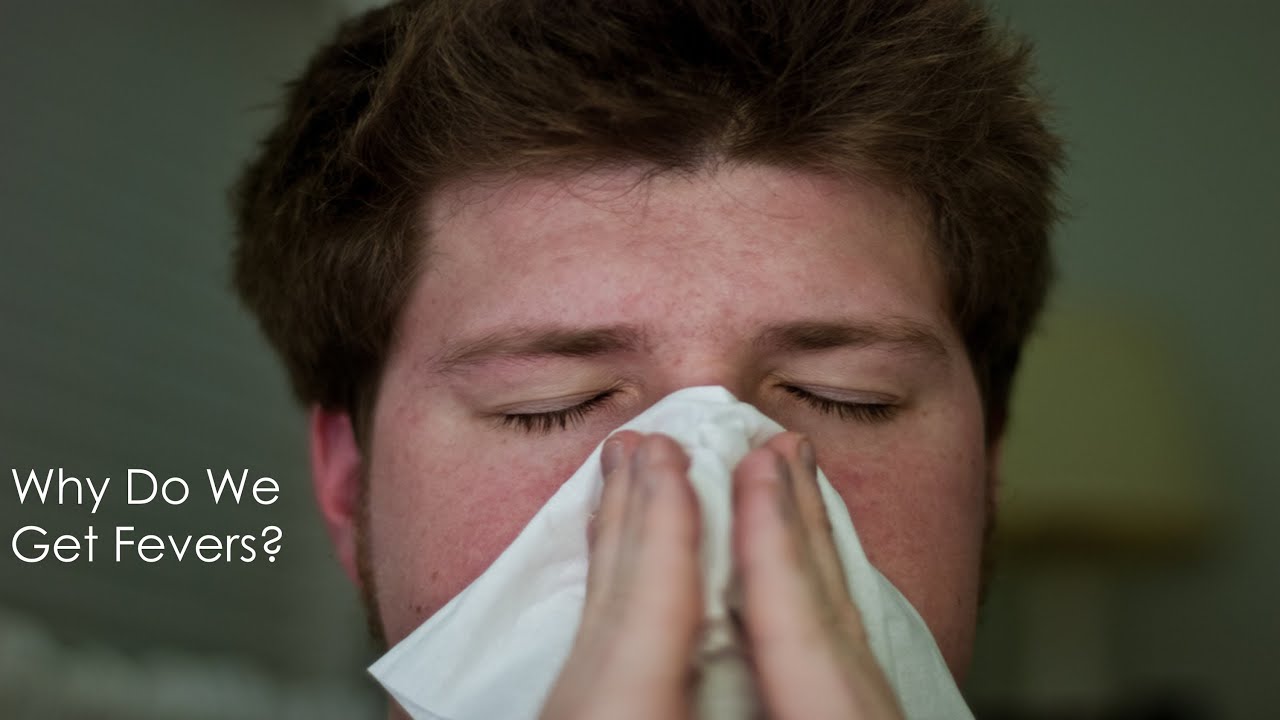
Why Do We Get Fevers?
- Post author:
- Post published:May 29, 2021
- Post comments:0 Comments
You Might Also Like
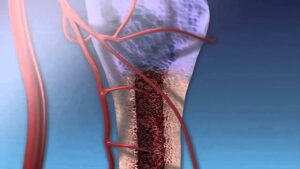
Endochondral Ossification Video

Muscular Strength Asanas Video – 5

How to do Machine Flat Bench Press – Chest press workout

What Is The Definition Of Anatomy Medical Dictionary Free Online

Overhead Press Dumbbells-5

The Supplement Timeline (What Age – Which Supplements!)
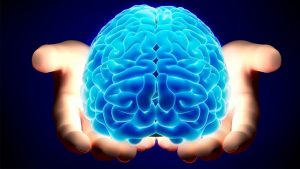
The Most Amazing Facts About The Human Brain

Diabetes project-Bio

Cycling Video – 4

Top 10 Foods to Build Muscle Mass

Back Extension Instructional Video

Things you must know before taking Glutamine Supplements | HINDI

How to Do Back Extension Exercises

Human Body, Body Building Muscle Building Anatomy Physiology Video – 13

Fever In Children & Adults – Natural Remedies to bring down the temperature
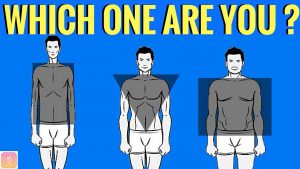
WHICH BODY TYPE ARE YOU? How to Train & Eat for YOUR body type?

Top 10 HEALTH BENEFITS OF SWEET CORN

Ghetto reverse hyper

Propranolol Medication Information (dosing, side effects, patient counseling)
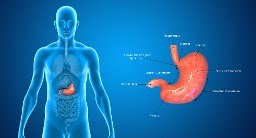
Brain Stroke Can Cause Paralysis Of The Stomach

Pregnant? Help Protect Your Baby from Whooping Cough

Flu Attack! How A Virus Invades Your Body | Krulwich Wonders | NPR

Aamir Khan Talks About Losing Weight For Dangal And The Idea Of a Balanced Diet

How to Do Lateral Raise

How Steroids Affect Sperm Count | Infertility

Erector Spinae Back Extension-8

What’s the Best Cardio for Thin Thighs? | Thighs Workout

Skiing Video – 3
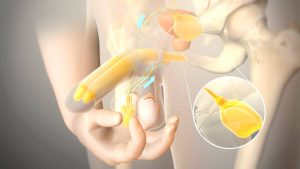
Penile Prosthesis Animation Sequence

List Of Foods To Avoid During Pregnancy – Foods & Beverages to Avoid During Pregnancy

Muscle Contraction – Are You Working Out Hard Enough?

How To: Leg Extension (Cybex)

Insulin Action Times
Special Population

Incline Dumbbell Row

What is JAUNDICE? What does JAUNDICE mean? JAUNDICE meaning, definition & explanation

finger pulp abscess drainage EXPLOSION of pus – watch to the end for patient POEM

Tuberculosis (TB) | Causes, Treatment, Prevention and Transmission | Prokaryotes

Hyperextension With ball-3
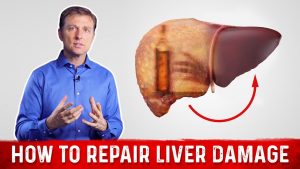
How To Repair Liver Damage After Alcohol?: Dr.Berg on Liver Cirrhosis

BEST FINASTERIDE DOSE FOR HAIR LOSS? 0.04mg vs 0.12mg vs 0.2mg vs 1mg

